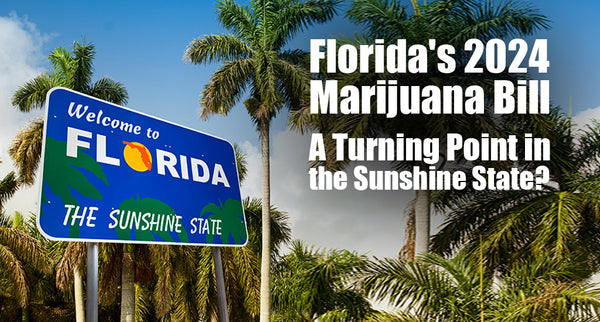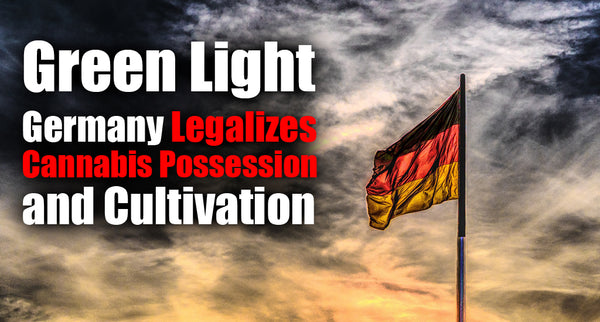
Germany's Cabinet Gives Green Light to Loosen Cannabis Regulations
Berlin, Germany – August 16, 2023: In a significant move, Germany's Cabinet has granted approval for a proposal aimed at relaxing cannabis regulations, paving the way for the largest member of the European Union to decriminalize the possession of limited quantities of the substance and permitting members of "cannabis clubs" to purchase it for recreational purposes.
This legislative change marks the initial phase of a two-part plan and still requires the endorsement of the parliament. Nonetheless, this government approval signifies a notable advancement for Chancellor Olaf Scholz's socially progressive coalition, although it falls short of its original ambitions.
The proposed bill, slated to take effect by year's end pending approval, envisions legalizing possession of up to 25 grams (approximately 1 ounce) of cannabis for recreational use, and allowing individuals to cultivate up to three plants for personal consumption.
German residents aged 18 and above will have the option to join non-profit "cannabis clubs" with a maximum of 500 members each. These clubs will be permitted to cultivate cannabis for the personal use of their members.
Individuals will be allowed to purchase up to 25 grams per day or a maximum of 50 grams per month. However, individuals under 21 will be limited to 30 grams per month. Participation in multiple clubs will not be permitted. Club expenses will be covered by membership fees, which will be tiered based on the quantity of cannabis consumed by members.
The government intends to prohibit the advertising or sponsorship of cannabis and cannabis clubs. Additionally, consumption will be prohibited within 200 meters (approximately 656 feet) of schools, playgrounds, sports facilities, and cannabis club premises.
Officials anticipate that this plan will safeguard consumers against contaminated products and reduce drug-related crime. Health Minister Karl Lauterbach expressed confidence that the new regulations will lead to competitive prices and a substantial reduction in the black market.
Lauterbach highlighted the urgency for change, stating, "We currently have a growing issue with problematic cannabis consumption that simply cannot be ignored."
Opponents from the center-right argue that the government is pushing forward with legalizing a risky substance despite European legal hurdles and expert opinions. A group representing German judges suggests that the plan could exacerbate the burden on the judicial system and potentially amplify the demand for black-market cannabis.
Even within the realm of legalization advocacy, there are criticisms. Oliver Waack-Jürgensen, leader of the Berlin-based High Ground "cannabis social club," expressed concerns over excessive regulation, continued stigmatization of cannabis users, and overly restrictive regulations that hinder club operations.
In response, Lauterbach dismissed these objections, indicating that criticism from multiple angles is a positive sign. He asserted that more extensive liberalization akin to countries such as the Netherlands or certain American states would only lead to higher consumption rates.
To complement the legislative changes, the government plans to launch a campaign aimed at raising awareness among young people about the risks associated with cannabis consumption.
Following the implementation of the new regulations, the government's next step involves conducting five-year trials of regulated commercial supply chains in select regions, which will then be subject to scientific evaluation.
These developments deviate from the original plan set forth last year, which aimed to permit the sale of cannabis to adults throughout the country at licensed establishments. This proposal was scaled back after consultations with the European Commission.
Approaches to cannabis regulation differ across Europe. The Netherlands combines decriminalization with minimal market control. While small-scale sales and consumption are tolerated in designated coffeeshops, large-scale production and distribution remain illegal.
Switzerland initiated a pilot project last year allowing a limited number of individuals in Basel to purchase cannabis from pharmacies for recreational purposes. Similar to Germany, the Czech government is working on a plan to legalize the sales and recreational use of cannabis, although the details are not finalized.
Denmark's proposal to legalize cannabis in Copenhagen was rejected by the parliament. France, on the other hand, currently has no intentions to loosen its stringent cannabis regulations.
Leave a comment
Comments will be approved before showing up.



